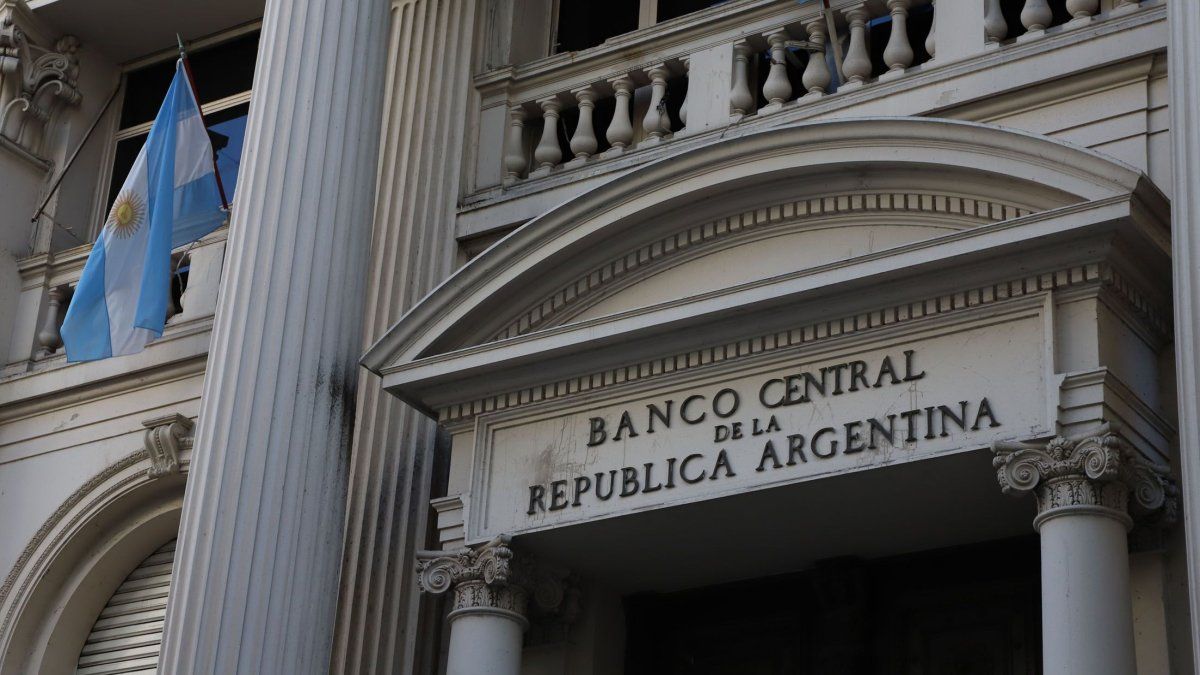With the closing of the first stage of the laundering this Friday, there will be no more possibilities to declare cashalthough for the Government there may be some chance of get a few more dollars that will help swell the reserves.
It is because since November 9th you can continue declaring registrable assets, such as real estate or carsor bank accounts abroad. In these cases, taxpayers will have to pay a special tax of 10% whenever they exceed the non-taxable minimum of US$100,000.
In the case of foreign accounts, the owner could decide to repatriate the assets to make a purchase or investment, although the general provisions of the law will apply. In these cases, already They will have no restrictions: they will be able to give it the destination they want.
What can be done with money laundered
He tax expert and professor at the UBA, Mario Volman, He indicated that the taxpayer can do whatever he wants with the money in an account declared abroad.
However, in the time remaining during November 8, the taxpayer must repatriate the money to a special account and declare it as cash, and in that case, if you have less than US$100,000 you will not pay anything.
As of November 9, however, you will have to declare the account abroad and two possibilities are open: If it exceeds the non-taxable minimum, it will pay the difference, and if it does not exceed, it will pay nothing.
In these cases, the taxpayer could decide to bring the money to Argentina and make an investment in the country, such as buying a property or investing in the capital market.
An opportunity to add reserves to the BCRA
In this way, the Central Bank could add a few more dollars in the future for reserves, ddepending on the degree of confidence generated by the Government. It is estimated that the amount of laundered dollars would have exceeded US$19 billion.
In principle, in accordance with the rules established by law, Taxpayers have a 10% margin of error in the value of what they declare.
If, for example, the person made a mistake by less than 10%, they will be able to correct it and the total whitewashing will not be lost. But if you exceed that margin you run the risk of having everything canceled and having to pay penalties, interest and back taxes.
The impact on the financial market
Lisandro Meroi, research analyst at TSA Bursátil, said that the laundering window and the possibility of using these funds to invest in eligible instruments favored their demand and the revaluations in their prices, partly complementing the macro fundamentals.
Along these lines, he added that The completion of this stage of laundering may raise doubts about the liquidation of all positions in client accounts and the subsequent withdrawal of deposits, although this mystery arose around the beginning of October and did not end up materializing on a massive scale.
Source: Ambito
I am a 24-year-old writer and journalist who has been working in the news industry for the past two years. I write primarily about market news, so if you’re looking for insights into what’s going on in the stock market or economic indicators, you’ve come to the right place. I also dabble in writing articles on lifestyle trends and pop culture news.




